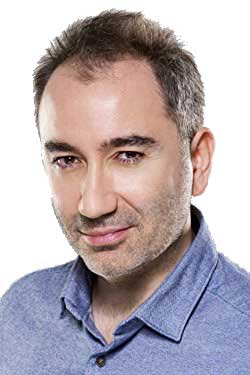
Mustafa Akyol has been an early supporter of our network and a featured speaker in our conferences. Akyol is a senior fellow at the Cato Institute’s Center for Global Liberty and Prosperity, where he focuses on the intersection of public policy, Islam, and modernity. A Turkish journalist and author, he is a regular contributing opinion writer for the New York Times, and has been a regular opinion columnist for Turkish publications such as Hurriyet Daily News, and for the Middle-East focused Al-Monitor.com.
Akyol is the author of Islam Without Extremes: A Muslim Case for Liberty praised by The Financial Times as “a forthright and elegant Muslim defense of freedom.” The book has been published in Turkish, Malay and Indonesian. He is also the author of The Islamic Jesus: How the King of the Jews Became a Prophet of the Muslims and of six books in Turkish, including Rethinking the Kurdish Question.
Between January 2017 and June 2018, Akyol was a senior visiting fellow at the Freedom Project at Wellesley College. He studied political science and history at Bogazici University in Istanbul, Turkey.
For details, please visit: https://www.cato.org/people/mustafa-akyol

Fellow Mohamad M. Chian (Iran) is a writer and journalist. He writes and edits for a number of publications. In 2013, he co-founded Bourgeois, an online platform, initially intended to gather his writings and translations in one place but eventually flourished to become the go to source for libertarian thinking. He is the translator of The System of Liberty, The Libertarian Reader, Early Islam and the birth of Capitalism, Capitalism and Freedom, Natural law and Natural rights, Common Sense Economics, and others. Starting at early-teens, he began helping the family business and later continued to work in the Bazar which arguably constituted the foundation of his education and eventually led to a life-long passion for markets, and mechanisms and ethics of voluntary co-operation. He is also the co-founder and serving as co-governor of a charity fund leading in interest-free Islamic micro loans.
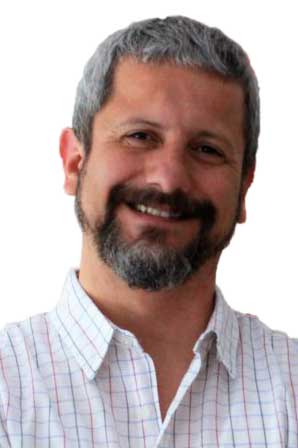
Bican Sahin is a professor of political science in the Department of Political Science and Public Administration at Hacettepe University, Ankara. He is the President of Freedom Research Association. He received his Ph.D. at the University of Maryland, College Park in 2003. Among his research topics are classical liberal and libertarian philosophy, the relation between liberal democracy and Islam, and the relationships between state and civil society in Turkey. Some of his publications are:
Toleration: The Liberal Virtue, Lanham, Md.: Lexington Books, 2010.
“Cultural Diversity and Toleration in the Nation-State”, Co-authored with Peter Mentzel,
Hacettepe University Journal of Faculty of Economics and Administrative Sciences. Vol. 35, Issue 3, 103-124, 2017.
“Two Understandings of Law: Hayek vs Schmitt in the Context of Turkey”, Turkish Studies, Vol. 18, Issue 3, 2017
“Between Enlightened Exclusion and Conscientious Inclusion: Tolerating the Muslims in Germany,” coauthored with Dr. Nezahat Altuntaş, Journal of Muslim Minority Affairs Vol. 29 no. 1, pp. 27-41.
“Toleration, Political Liberalism, and Peaceful Coexistence in the Muslim World,” The American Journal of Islamic Social Sciences, vol. 24, no.1, Winter 2007, pp-1-24;
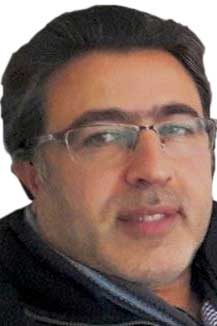
Dr Husnul Amin is currently a Fulbright Research fellow at the Stockton University New Jersey US. He is working on recent civic rights social mobilizations in the north-west of Pakistan. He is on sabbatical from his permanent position of Associate Professor of Politics and Executive Director of the Iqbal International Institute for Research and Dialogue, International Islamic University Islamabad.
Husnul Amin obtained his Ph.D. in Development Studies (with further specialization in Political Sociology) in 2010 from the International Institute of Social Studies (The Hague). His dissertation concerned the genesis and proliferation of post-Islamist intellectual and social-political trajectories in Pakistan. He has been awarded Fulbright Research Fellowship, 2019-2020 at Stockton University, Galloway, N.J, USA. He was awarded post-doc fellowship supported by the DRS-COFUND Fellowship Program of Freie Universität Berlin and the European Commission, hosted by the Berlin Graduate School Muslim Cultures & Societies (BGSMCS) during his research stay, March 2013 – July 2014; availed fellowship at William and Mary, Virginia, USA (January 2014), and research stay at the University of North Carolina Wilmington, USA (October 2015). Under his supervision, 8 Ph.D. and 30 M.Phil. scholars have successfully defended their dissertations, others are in submission stage. His main areas of research and teaching include: religion and politics in the Muslim world; Islamic social movements and post-Islamist trends; conflict, peace and development; neoliberal globalization and contemporary Islam, and International Political Economy. A select list of his articles published in journals of repute such as Romanian Journal of Political Science; Journal of Islamic Studies; Hamdard Islamicus; Pakistan Perspectives; Pakistan Journal of History and Culture; Pakistan Journal of Criminology, Historicus etc. His recent book titles: Observing Variants of Post-Islamism: Intellectual Discourses and Social Movements. He is co-editor of Building an Islamic Case for Open Markets (2019) a volume based on a jointly organized conference with Islam & Liberty Network.
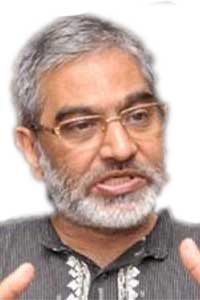
Irfan Engineer has been director for the Center for Study of Society and Secularism since 1995 and editor at the Indian Journal of Secularism since 1996. He was awarded the Peace Ambassador Award by Universal Peace Foundation and has several project reports and different publications like Surat Riots, Centre for Study of Society and secularism (1997). He is also part of many Indian and international organizations like being the Managing Trustee for the Institute of Islamic Studies.
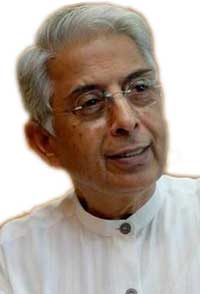
HJ. Shad Saleem Farouqui is the Holder of the Tunku Abdul Rahman Chair in Constitutional Law at the Faculty of Law, University of Malaysia and many academic posts like Emeritus Professor at Universiti Teknologi MARA. He is also the author of ten books including Islam, International Law and the War Against Terrorism (2006, and has done many international consultancies including drafting an NGO proposal for a UN law on Protection of Places of Worship.
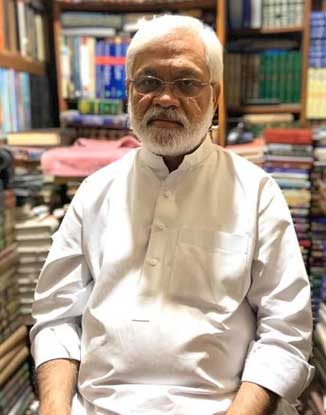
Dr. Mohsin Naqvi is an independent academic and scholar of Islamic Studies based in Pakistan. He holds a doctorate in Biblical Studies from NC State University, Chapel Hill (2003) where his main research was on Synoptic Gospel. Prior to this, he completed formal religious education from local seminaries and got higher education in Iraq from 1991-1997. Dr. Naqvi holds command in many languages including Arabic, Persian, English, and Urdu. Author of 12 books, he has served on board of Council of Islamic Ideology, an advisory body to the Government of Pakistan.
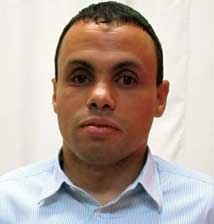
Dr. Aymen Boughanmi is a researcher in political affairs and economic history. He has a PhD in British and American civilization. He teaches at the English Department of Kairouan College, Tunisia. Among his most notable books are: The Post-Revolution State (2012), The Arab Autumn: In the Contradiction between Revolution and Democracy (2015).
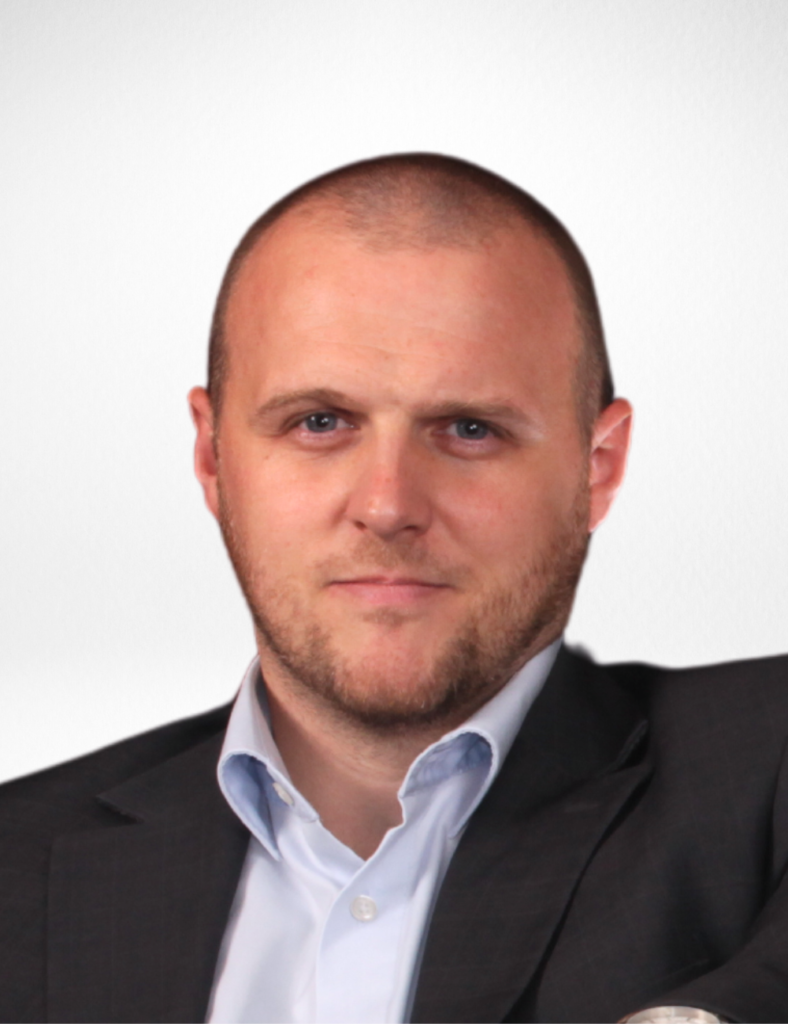
Dr. Edo Omerčević is a seasoned professional transitioning to an academic focus. His diverse background includes roles as a general manager, economic analyst, lecturer, researcher, and translator, offering a profound understanding of business, markets, and societal trends. Apart from his corporate roles, Dr. Edo actively contributed to think tanks and research projects, both nationally and internationally. Having lived and worked in Bosnia, Malaysia, and Kuwait, his extensive network spans from east to west. As one of the founding members of ILN, Dr. Edo served on the ILN council for 10 years and continues to support ILN as a Fellow.
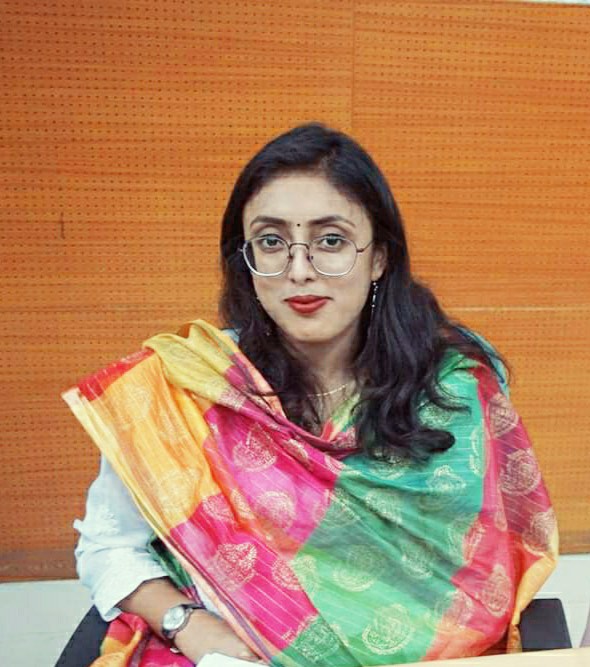
Dr. Azeemah Saleem is an Assistant Professor at the Centre for Communication and Critical Thinking, JK Lakshmipat University, India. She has a Ph.D. from Jawaharlal Nehru University, New Delhi, and worked on ‘Syrian Refugees in Germany from the prism of Global Justice.’ She has also worked on “Tribal Factionalism and Nation-State Building in Post Qadhafi Libya” during her M.Phil Dissertation. She is involved with the Ledby Foundation (incubated by Harvard Kennedy School), Centre for Study of Plural Societies, New Delhi, and a core member of Ambedkar Grant for Advancing Poverty Eradication (Agape), Yale University USA. Her area of interest includes understanding minority and gender rights in South Asia, Global Justice in the context of refugees, social and societal fragmentation in North Africa, conflict analysis in West Asia along with identity politics, and critically analyzing human rights issues and International and regional organizations, Rawls’ theory of justice, humanitarian crisis, and global refugee issues.
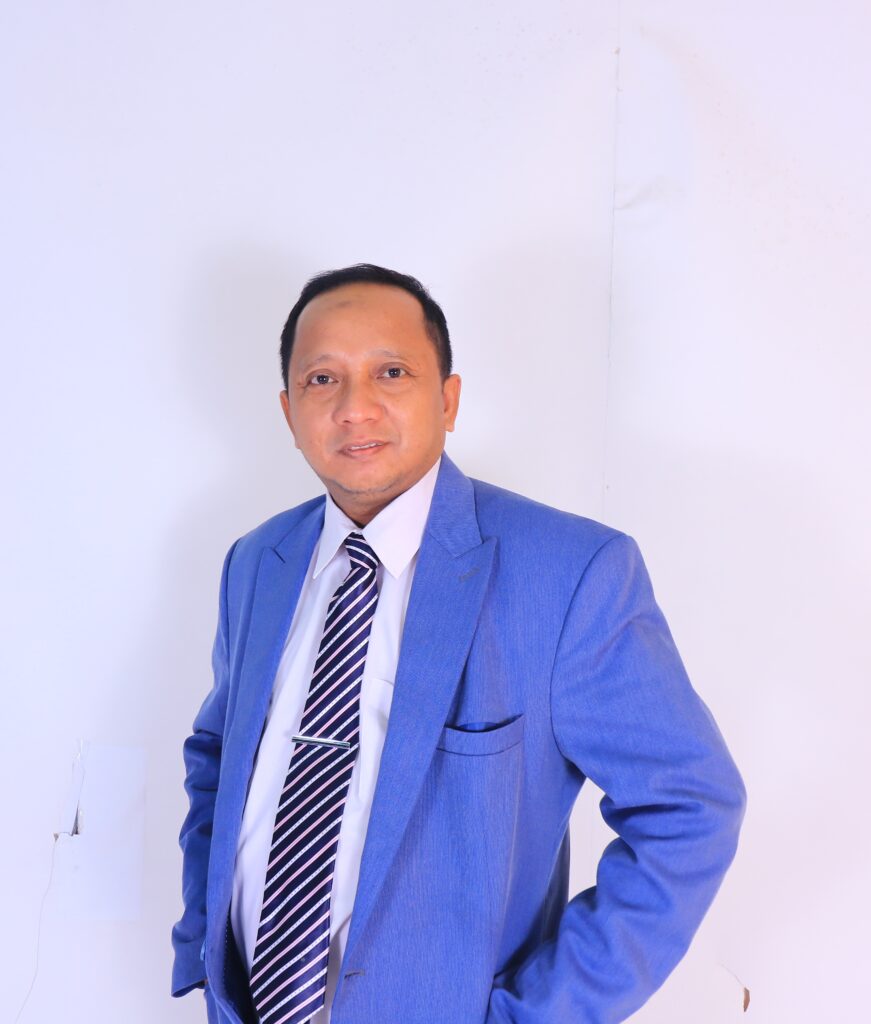
Pradana Boy Zulian is an associate professor in Islamic Legal Studies at the Faculty of Islamic Studies, University of Muhammadiyah Malang (UMM), Indonesia. He is trained as an Islamic legal scholar at the Faculty of Islamic Studies, University of Muhammadiyah Malang and completed his degree in Islamic Law in 2000. In 2005, he won Australian Government scholarship named Australian Development Scholarship (ADS) which enabled him to his study at the Australian National University (ANU), Canberra. Under the supervision of leading Indonesianist, Greg Fealy, he completed his master thesis on the contestation of progressive and conservative group within Muhammadiyah, a modern Islamic organization in Indonesia. This thesis has been published both in English and Indonesian languages. His Master of Arts (MA) in contemporary Islamic thought and movements in Southeast Asia is gained in 2007. From 2010-2015 he pursued doctoral studies at the Department of Malay Studies, National University of Singapore (NUS). His Doctor of Philosophy in sociology of Islamic law is awarded in 2015. His Ph.D thesis is published by Amsterdam University Press (2018) under the title Fatwa in Indonesia: An Analysis of Dominant Legal Ideas and Mode of Thought of Fatwa-Making Agencies and Their Implications in the Post-New Order Period. Pradana is actively engaged in many academic forums. In 2017 he was awarded Study of US Institute (SUSI) scholarship for the study of American Political Thought at University of Massachusetts at Amherst, United States of America in 2017. His interest in Islamic Philosophy and Thought has led to his participation in a short course at al-Mustafa International University, Qom, Iran where he studied Islamic Philosophy and Thought in 2020. From 2018-2022, he participated in a research consortium on religion, secularization and radicalization lead by European University Institute, Italy. In this research consortium, he contributed a policy brief, country report, articles and book chapters on radicalization and the governance of religious diversity in Indonesia. As an interfaith activist, he also engaged in many forums on interreligious dialogue and the role of religion in society. In 2016, he was an international fellow at King Abdullah bin Abdulaziz International Center for Interreligious and Intercultural Dialogue (KAICIID) based in Lisbon, Portugal. He is also member of Global Exchanges on Religion in Society (GERIS). Although his main expertise is in Islamic Legal Studies, he also has interests in topic such as contemporary Islamic thought, Islamic history in Southeast Asia, and Quranic Studies. As an open-minded scholar and activist, he set up a foundation named Bait al-Hikmah Foundation in Malang, East Java, Indonesia, to spread and implement his thought and visions on Islam.
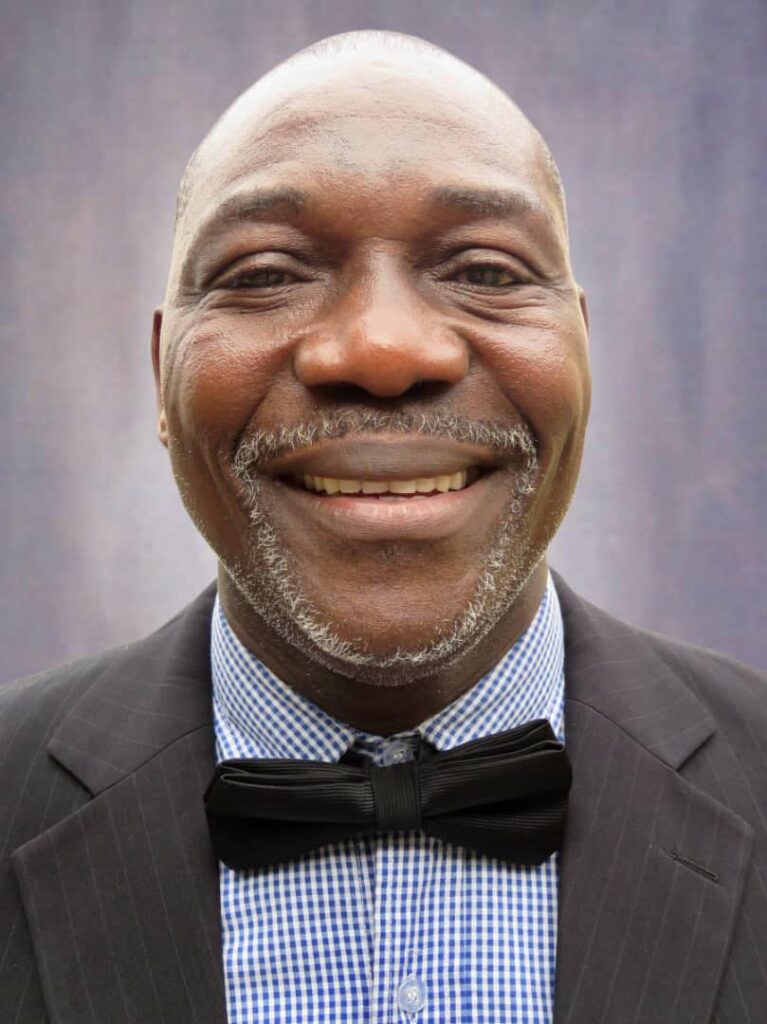
Kazeem olajide OLANIYAN, Ph.D Of the department of Jurisprudence and International law, faculty of law University of Ibadan. He is the past Head of Department and has also served as the Sub-Dean of the faculty. He was the Resource person/lead consultant on Justice Sector and The Rule of Law for the preparation of the 20 year 2021-2041 Development Goal for the Government of Oyo State, Nigeria. He served as the Technical Expert for the African Center for the Shared Development Capacity Bulding on justice and Rule of Law. His area of Research interest extends to Religious freedom, Human Rights Law, Jurisprudence and Legal Theory, Islamic Jurisprudence, Criminology and Criminal Justice System. He has several publications in these Reseach areas. Presently he is the National President of the Muslim Lawyers Association of Nigeria (MULAN). He is currently a Visiting Professor and Dean of the College of Law, Fountain University, Osogbo, Osun State, Nigeria.
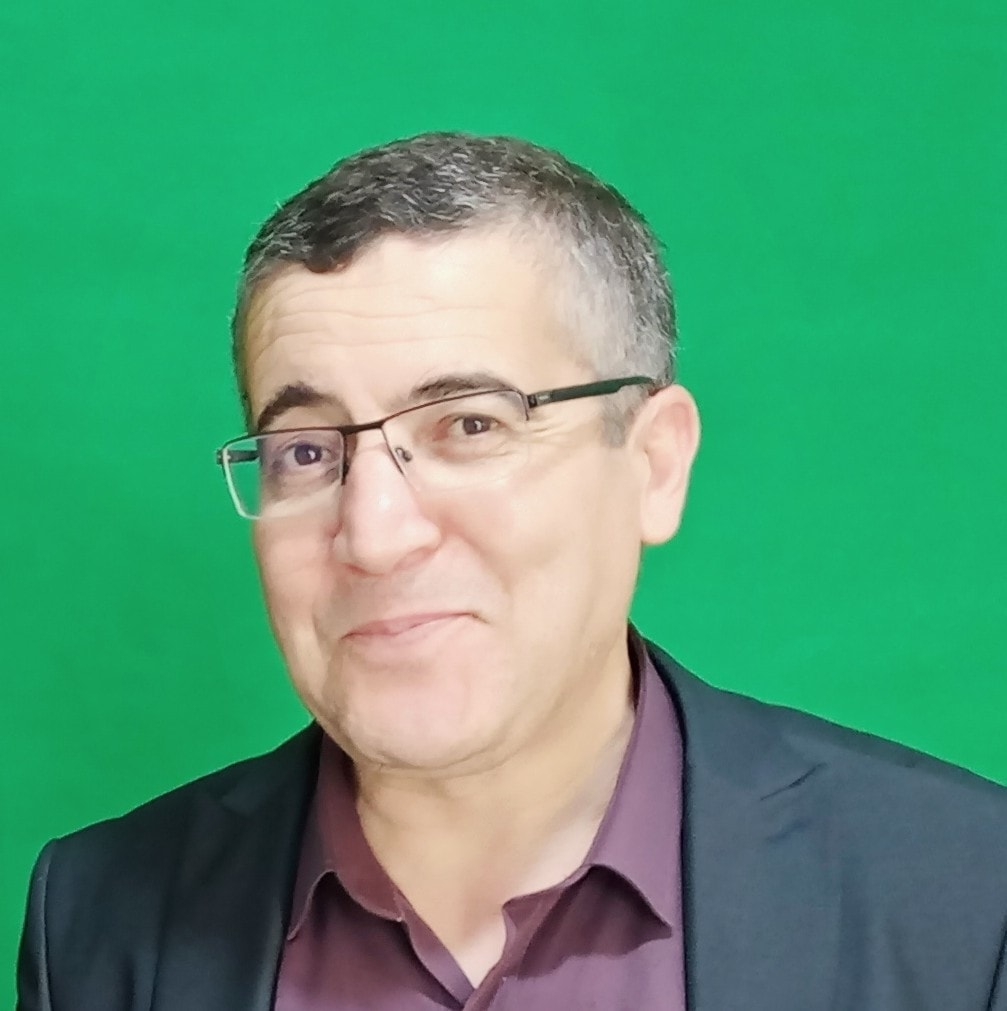
Dr. Mustapha Radji has been a featured speaker at our conferences in Islamabad (2018) and Kuala Lumpur (2023). A Senior Professor of Sociology and Economics at the University of Mostaganem (Algeria) since 2019, he primarily teaches Economics 101 to first-year social science students, drawing upon the resources of https://mru.org/. His research focuses on the intersection of Sufi Islam and entrepreneurship and. He has authored “Religiosity and Governance” (Jordan, 2014) and other published papers exploring Sufism, peacebuilding, and social entrepreneurship.
Dr. Radji is a regular contributor to https://ourouba22.com/, offering classical liberal perspectives on regional and global issues to a wide Arabic audience. In 2014, he founded the Hayek Institute for Economic Thinking, an online platform for discussing economic public policy in Algeria from a liberal perspective. Some of the institute’s online events have even been featured on television programs.
Beyond his academic pursuits, Dr. Radji actively engages with civil society. He has also collaborated with Sufi organizations on various initiatives, including: Faith-based organizations and COVID-19 Responses (May 2022), Advocating for a new Law of Foundations (September 2023), Civil society (FBOs) and Crisis Management (planned for May 2024)
Dr. Radji earned his PhD in Sociology from the University of Oran (2010). He was a visiting PhD student at Durham University’s School of Government in Development Studies (2006-2008), where he worked with Professors Rodney Wilson and Mehmet Asutay.
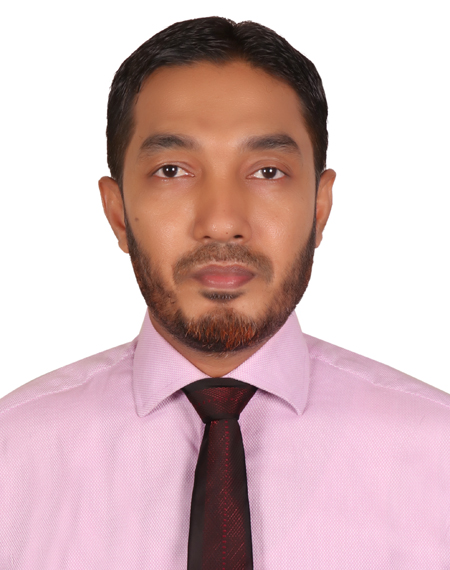
Dr. Md. Thowhidul Islam has completed B.A. (Hon’s), M.A. and Ph.D. from the department of Islamic History and Culture, University of Dhaka. Currently, he is working as an Associate Professor of Bangladesh Studies at the Center for General Education, International Islamic University Chittagong (IIUC), Bangladesh. He has published a good number of research articles in different peer-reviewed and indexed journals, and has presented academic papers at several international conferences in Bangladesh, Turkey, Kyrgyzstan, India, Malaysia, Qatar, Indonesia, and Pakistan. He has authored two books Globalization: The Muslim World and South Asia, published by LAMBERT Academic Publishing, Germany and Bangladesh Studies, published by the Bangladesh Institute of Islamic Thought (BIIT). He has also contributed book chapters, In: Zulkhibri, M. & Abdul Manap, . (eds), Islamic Finance, Risk-Sharing and Macroeconomic Stability, published by Palgrave Macmillan; and In: Salman, A. & Amin, H. (eds), Building an Islamic Case for Open Markets: History, Theory & Practice, published by Iqbal International Institute for Research and Dialogue, Islamabad and Islam & Liberty Network, Malaysia. He is also a member of Asiatic Society of Bangladesh, and Founder Director of Nibras Foundation Bangladesh. His area of interest includes understanding history and politics of modern Muslim world, crises in the Muslim- Majority countries, international conflicts and relations, global security issues, and the role of international and regional organizations.
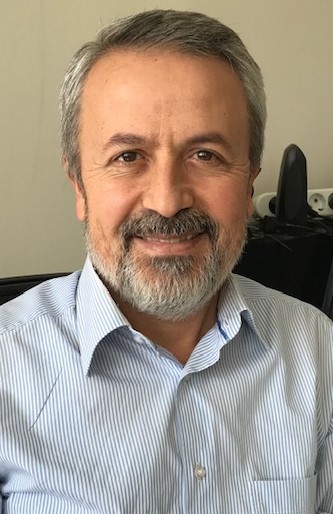
Dr. Mustafa Acar, Turkiye Fellow
Dr. Mustafa Acar is professor of economic development and international economics in the Department of Economics, Necmettin Erbakan University, Konya. He received his PhD from Purdue University, Krannert Graduate School of Management, IN, USA (2000). His research interests include general equilibrium analysis, agricultural policy analysis, regional economic integrations, globalization, economic freedoms and free market economy. Being a principal member of Turkish Academy of Sciences, Prof. Acar published extensively in a wide range of topics including 22 books, 18 translated books from English, 67 manuscripts or chapters in edited books and many articles published in peer-reviewed academic journals. He is currently the most cited academician from Türkiye in his field (Google Scholar).
Among his books are Globalization, Universal Laws of Economics, Turkish Economy in the 2000s (published also in Bosniac), Dictionary of Social Sciences (w. Ö. Demir), Economic Integration, Türkiye and the EU (w. M. Dikkaya), and Current Economic Debates. His translations include important works from prominent figures such as The Wealth of Nations (Adam Smith), Capitalism, Socialism and Democracy (Joseph Schumpeter), Anti-Capitalist Fallacies (Rainer Zitelmann), Free to Choose (Milton and Rose Friedman), Marxism Un-masked (Ludwig v. Mises), The Making of Modern Economics (Mark Skousen), and The Choice, The Invisible Heart, and The Price of Everything (last 3 by Russel D. Roberts).
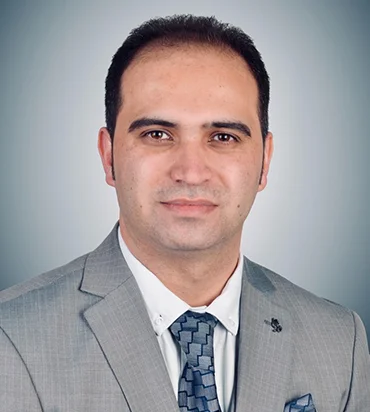
Mohammad Khalid Ramizy, Afghanistan Fellow
Khalid Ramizy is the founder and Chief Executive Officer of World Anti Extremism Network, an international non-profit organization, working to create a world free from violent extremism and authoritarianism by advancing the values of peace, pluralism, and freedom. Khalid started his journey to promote liberty and human rights at a young age following the collapse of the Taliban regime in Afghanistan in 2001. He is also working with the Macdonald-Laurier Institute (MLI) as a Senior Fellow and director of their Afghanistan’s programs, which is a leading public policy think tank in Canada. Before founding the World Anti Extremism Network, he worked as a Research Scholar at the Center for Governance and Markets at the University Pittsburgh in the United States. For over 13 years, Khalid served as the CEO of the Afghanistan Economic and Legal Studies Organization (AELSO), a prominent free-market and human rights think tank in Afghanistan. Additionally, he founded Silk Road Station, Afghanistan’s first online educational radio station promoting free society values for Afghanistan and other Persian-speaking countries. He is also one of the founders and Senior Fellow of The White Assembly, dedicated to countering extremism among Afghan youths since 2015.
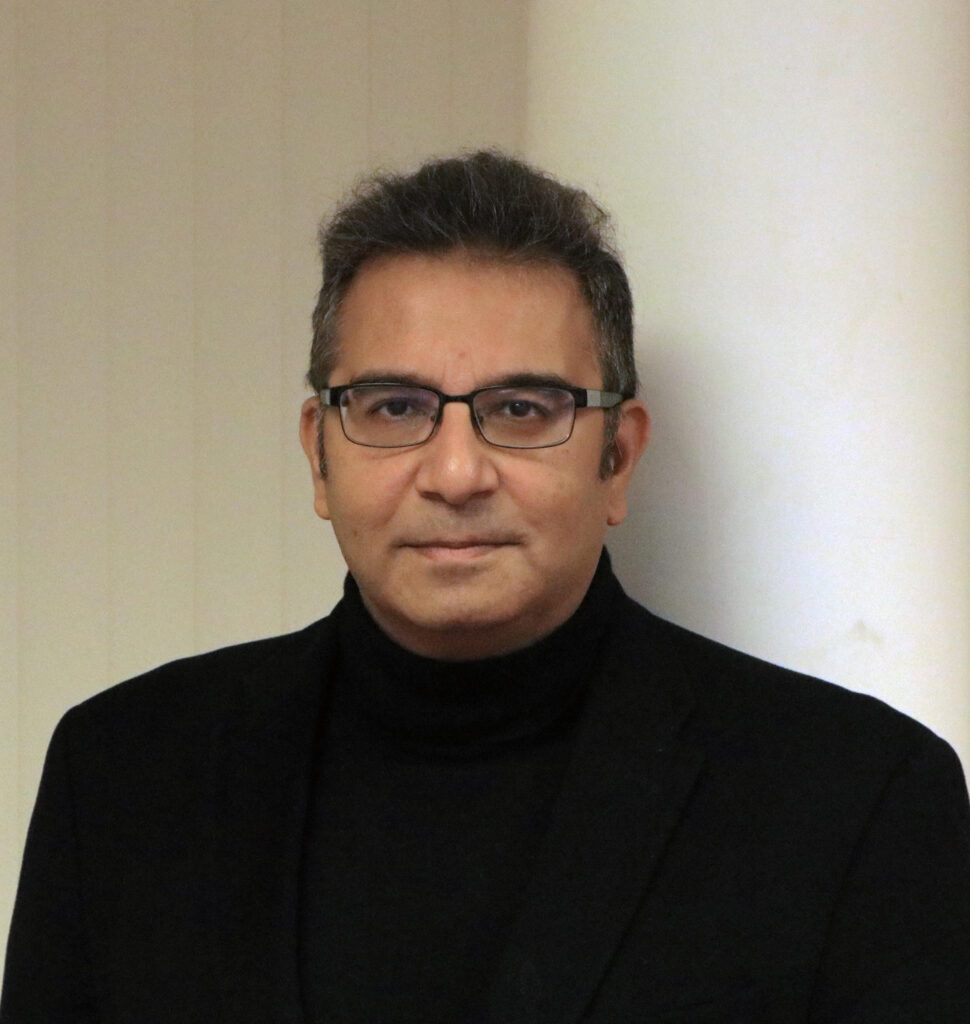
Saeed A. Khan, United States Fellow
Saeed A. Khan is Associate Professor of Teaching in the Departments of Near East & Asian Studies and Global Studies at Wayne State University- Detroit, Michigan, where he teaches Islamic and Middle East History, Politics and Culture and Global Studies and where he also is Director of Wayne State’s Center for Citizenship Studies. In addition, he is a founding member and a Senior Research Fellow at the Institute for Social Policy & Understanding (ISPU) : a Washington-based Think Tank promoting the study and analysis of US social and domestic policy.
Prof. Khan is a contributor to several media agencies, such as Al Jazeera, Ha’aretz, Quartz, Time, Veja, C-Span, NPR, Voice of America, the National Press Club and is also a consultant on Islamic and Middle East affairs for the BBC and China Global Television. He currently is Host of The Week That Was, a weekly news round-up program for Deadline Detroit.
PARTNERS